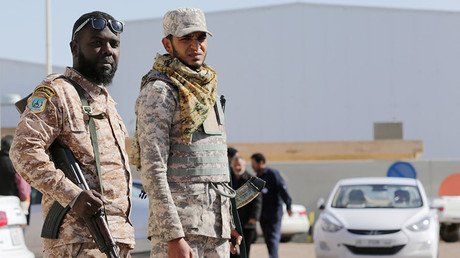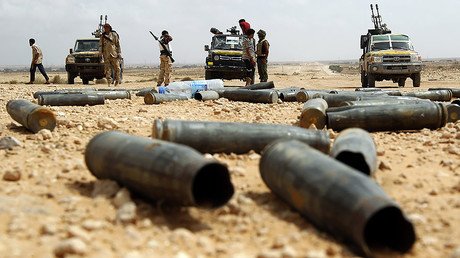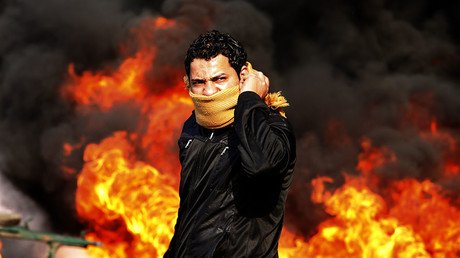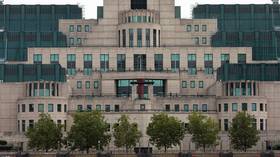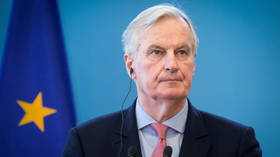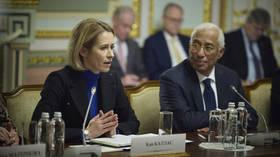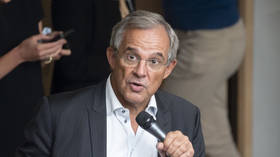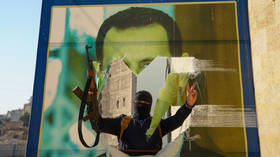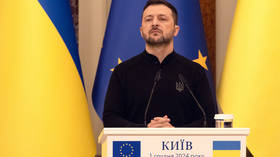Chaos unrelenting: 6 years since Arab Spring started, no democracy in sight for Libya
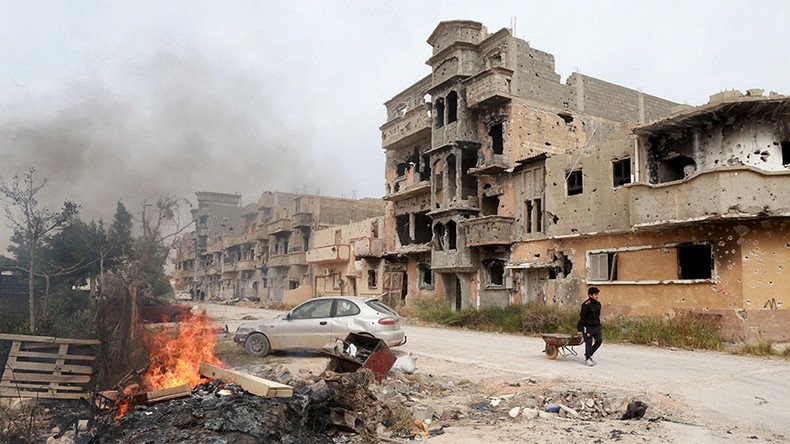
Six years after a wave of violent and non-violent protests dubbed the Arab Spring engulfed the Middle East and North Africa, Libya, which once found itself in the middle of this revolutionary tide, still struggles with chaos and violence.
The North African country is divided between two major forces - a Tobruk-based parliament and the UN-backed unity government in Tripoli (GNA)– and is being further ripped apart by numerous militant groups, including Islamic State (IS, former ISIS/ISIL) and other extremist groups vying for control of the war-torn country.
Diarchy
On Wednesday, two leaders affiliated with the Tobruk-based parliament, including Khalifa Haftar - the former defense minister of the Tobruk-based government which existed before the unity government was formed - declined offers to meet in Cairo with representatives of the UN-backed government, Turkish Anadolu news agency reported, citing Fayez al-Sarraj, the head of the GNA.
The talks, brokered by Egypt, aimed to address the differences between the two rival political forces but all attempts to bring them to the negotiation table have proven futile thus far.
A day before, al-Sarraj and Haftar also failed to meet in person in Cairo to discuss a political settlement for the crisis-hit nation, AP reports.
Ironically, the GNA was formed in early 2016 to overcome a period of diarchy that has been playing out in Libya since 2014, when the country was split between the government in Tobruk and the Tripoli-based government formed by Islamists. The sides agreed to form a unity government under an agreement proposed by the UN on 17 December 2015.
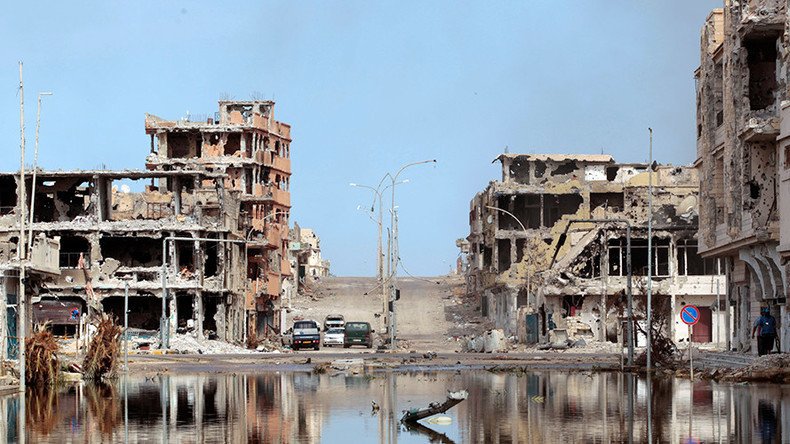
However, the transition to the GNA sidelined Haftar, igniting further rift among the Libyan political elite. Also, the GNA has no proper army of its own, so Tripoli is thus a patchwork of rival armed groups. Some support government officials, while others are linked to Islamist groups or militias in other cities.
Anarchy
In October 2016, one of the militant factions defied the GNA by declaring its own government. They then seized a parliamentary building and exchanged sporadic gunfire with loyalist groups. The situation is a reflection of Libya in general, where local warlords and tribal militias determine the daily lives of people with little or no regard to any central authority.
Last week, another militant group announced the creation of yet another entity - the Libyan National Guard (LNG). Though they say they are not aligned to any tribe or political party, these are militia from Misrata, and they are already engaging in armed clashes with militias that support the GNA. In effect, they are trying to build a new army.
Meanwhile, the GNA has announced that, along with the Presidential Council, it is unable to assert control. On Thursday, they sent a formal request to NATO asking for help in training and strengthening the Libyan armed forces, as reported by Reuters.
“The request is about help for building security and defense institutions,” NATO Secretary-General Jens Stoltenberg said at a news conference.
Libya has descended into chaos after the toppling and murder of its former leader Muammar Gaddafi in 2011 followed by the brutal civil war, in which NATO and its allies supported the rebels.
Human trafficking and oil smuggling
Before the 2011 turmoil, Libya had a prospering economy, which used its vast oil revenues to create jobs for hundreds of thousands of guest workers. Gaddafi also cracked down on people smugglers, effectively turning his country into a migration buffer zone for Europe.
Now, various clan-based militias have seized the opportunities in both human trafficking and oil smuggling created by the post-Gaddafi chaos. According to Italian journalist Frecesca Mannocchi, the western coastal strip of Libya running from Zawya to Sabratha has turned into smuggler’s paradise, with the local police and the coast guard complicit in lucrative oil smuggling activities.
The number of migrant deaths on the Libya-to-Italy Mediterranean Sea smuggling route has also risen to record highs, AP reported on Wednesday, citing the European Union's border and coast guard chief.
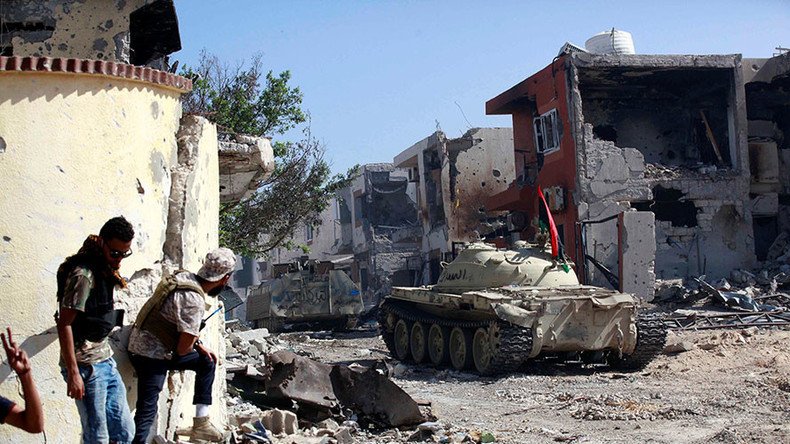
Frontex Executive Director Fabrice Leggeri said the recorded number of migrant drowning deaths on the route in 2016 stood at 4,579, but that figure might be much lower than the actual loss of life. The central Mediterranean route saw 2,869 deaths in 2015 and 3,161 in 2014, according to AP.
Militants are also fighting over the country’s oil infrastructure, and those in control of some facilities sometimes attempt to seize or bomb other sites controlled by their rivals.
This smuggled oil is making its way into Europe as these clans, locals claim, are working with the Sicilian Mafia, and 'authorities' say it has cost the state $360 million so far.
Libya’s oil production has meanwhile slumped to only 715,000 barrels per day, down from its Gaddafi heyday of 1.6 million bpd, according to Bloomberg.
Fertile ground for extremism
Gaddafi’s home city, Sirte, is still controlled by Islamic State which seized the area in 2015. IS has been expanding into Libya over the past two years. According to the UN data, between 2000 to 3000 IS fighters are operating in Libya, including 1500 in Sirte, in 2015.
The West which once supported ‘freedom fighters’ battling the ‘dictator Gaddafi,’ are also slowly realizing that the 2011 intervention in Libya was a mistake.
“Libya is just another one of those countries with too much interference from outside sources. In my opinion, Gaddafi should have remained in power, because he was some kind of a stabilizing force,” retired US Army General Paul Vallely told RT in October 2016.
“It was Obama and the State Department that created the weapon sale over there, basically arming the Muslim Brotherhood, backed Al-Qaeda radical Islamic elements over there – that created the problem in the first place,” he added.
MEP Georg Mayer, told RT, “What we see and what we saw in the past is that a lot of people died in the civil war; a lot of people suffer under the civil war; a lot of people suffer under ISIS, and they, of course, are searching for ways out of the war zone. And that is what we see in Europe – people are coming or want to come to Europe to get a safer place,” adding that Obama should have had ‘Plan B’ for the post-Gaddafi period but he did not plan anything.
In January, the outgoing CIA Director John Brennan admitted that the US was wrong in its assessment of the Arab Spring that created fertile ground for terrorists instead of paving the way for democracy.
“I think there were very, very unrealistic expectations in Washington, including in some parts of the administration, that the Arab Spring was going to push out these authoritarian regimes and democracy is going to flourish because that's what people want,” Brennan said in an interview with CNN.
He concluded that what the people from Middle Eastern and North African states actually wanted was freedom “for themselves, or their group, or their tribe,” while the “concept of democracy is something that is not really ingrained in a lot of the people and the cultures and the countries out there.”
